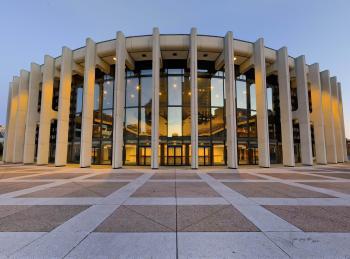Besides its beautiful landscapes, Tunisia delights visitors with its rich history and easygoing locals.
Situated at the northernmost tip of Africa, this exotic destination is a wonderful introduction to the Arab world. Facing the Mediterranean, the country is a blend of sun, beach, and culture—ideal for those who wish to try something new for their holiday this year.
Carthage
Culture lovers will revel in the picturesque city of Carthage in the north of the country, home to the presidential palace and residences of several ambassadors. As a World Heritage site rated by UNESCO, Carthage is the cradle of the Punic (Carthaginian) civilization that was founded by the Phoenicians who were military and economic elites before they were overthrown by the Romans.
Some of the more worthy sites include the baths of Antoninus and Mount Byrsa, where the historic ruins of an ancient Punic city lie in the shadows of the St. Louis Cathedral.



